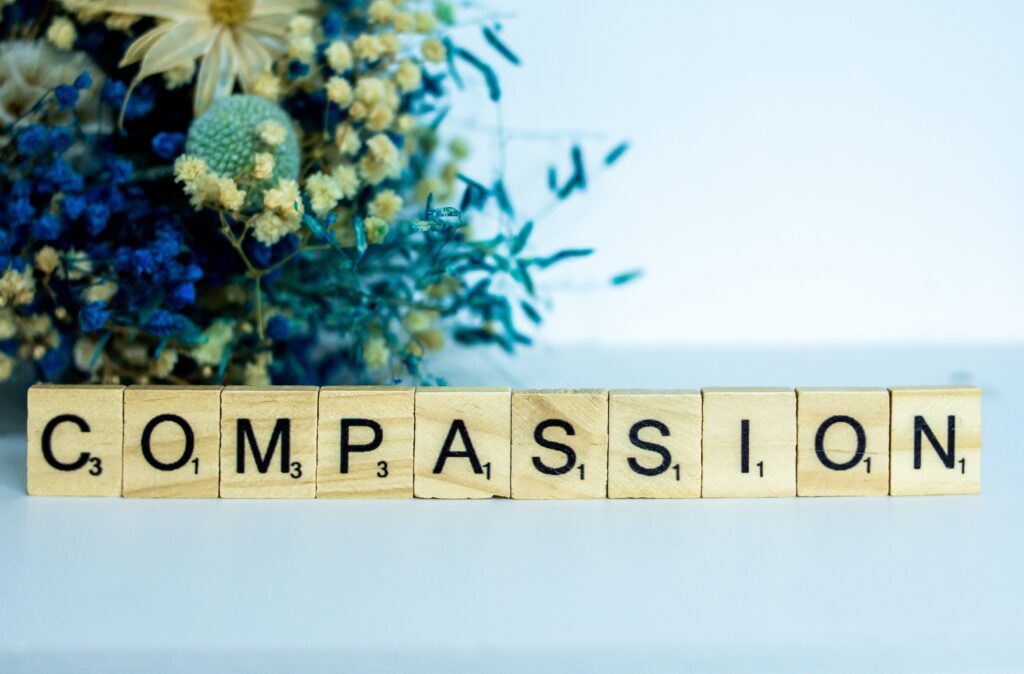This semester has been particularly difficult on college campuses as we seek to guide and support students impacted by the global unrest and atrocities happening in many areas. From central and north Africa to rising tensions in the Middle East, students with personal connections to those areas, and even those without, are navigating discussions, media intake, and social interactions that can be stressful.
As centers of education, we play a unique role in supporting students as they explore the development of self, integration of information, and social tensions that can accompany these global events. Below we offer several tips to help students increase psychological safety in difficult times as well as suggestions for compassionate responses for students who may be struggling.

4 Tips for Increasing Psychological Safety
Safety of Routine: Our minds and bodies like predictable routines, however, sometimes when we face a crisis we stray away from that predictability. While it is not always possible, as much as students can maintain healthy sleeping habits, hygiene, exercise, nutrition, and social patterns, the more their minds and bodies can say, “I recognize that.” This recognition is comforting for psychological safety.
Environmental Safety: Global unrest halfway around the world has the ability to impact psychological safety* here at home. Encourage students to engage in habits that increase their physical/environmental feelings of safety. This may be choosing social experiences with encouraging people, staying in more often if that feels better as long as they aren’t isolated, locking doors, keeping lights on, having a friend stay over, etc. Even small efforts to make one’s environment more comfortable can help their psyche feel, “I’ve got you. We’re safe here.”
(*Of course, these events do impact the physical safety of some students. If anyone feels unsafe in their college environment, contact the student life team and/or campus police.)
Information Safety: When difficult global events are unfolding, it can be tempting for students to spend more time ingesting information and images than is psychologically beneficial. While it is helpful to have a general understanding of what is going on, if students are increasingly distressed to the point of not being able to care for themselves or engage in their usual routines, it may help to reduce this intake and/or to check in to the details with a trusted friend or in the college counseling department.
Acknowledge Survivor Guilt: For students who are personally tied to the violence happening in other areas of the world, it is possible that they may feel guilt in their current experience. Rather than dismissing this or “silver lining” their feelings, it is helpful to listen, validate, and support them in moving toward meaning and integration of their more remote experience. Additionally, there may be ways they can feel helpful or “do good” from where they are. Explore these options.

4 Tips for Responding Compassionately to Students
Remember How Brains Respond to Fear. The human brain is hard-wired to respond to threats in a protective way. However, it does not do a great job of discerning between real and perceived threats. It is important to remember that students who may be half a world away from violence can still be significantly impacted. Listen and affirm students who are experiencing this kind of fear and encourage them to practice some of the psychological safety suggestions listed earlier in the article.
Be Present. One of the most difficult challenges when encountering a suffering person is the temptation to reduce, downplay, or deflect their suffering. As helpers, sometimes we try to move students through suffering too quickly because it is difficult to watch them hurt. While it may feel as though you aren’t “doing” anything, being a non-anxious compassionate listener is doing more than you may realize as students process difficult feelings.
Report Concerns. Even with remote conflict, the impact on campuses can be very tangible. If a student reports concern for their safety, take it seriously and let them know you are taking it seriously. Our willingness to support that student reaching out to campus security, local law enforcement, etc. increases their psychological safety as well.
Practice Compassion. As support staff, it is possible to experience compassion fatigue, particularly if you have been doing this work for many years in the pressured environment of higher education. Global crises can have a particularly strong current in the college environment as, inherently, it is the place where students are so often finding their voice, exploring new ideas, and taking stands. As a helper, be compassionate toward yourself and engage in the self-care necessary so that you can also help students. Joining with other staff as part of a team assisting struggling students is helpful, rather than trying to operate in this role independently.
The current global crises are having a ripple effect on many of our campuses. As staff, we can be a strong support for students’ psychological safety as they navigate these experiences. Take good care of yourselves so you can take good care of your students. In these difficult times, we could all use a compassionate approach to self and others.
Post published November 9, 2023 by Anne Rulo, Author, Speaker, Therapist. www.annerulo.com. FB/IG/Twitter @annemrulo
